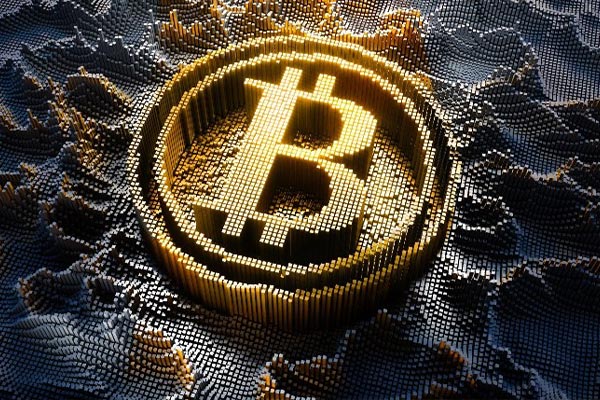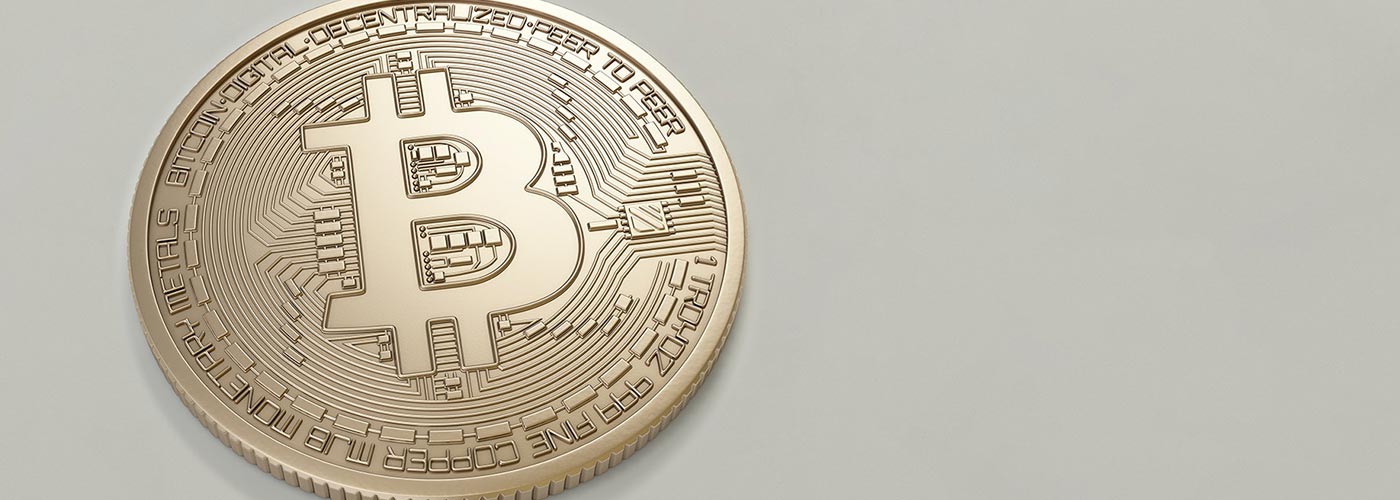Welcome to your Weekly Digest!
To start this week, a quote:
“The first guy through the wall—he always gets bloody. Always.”
That comes from one of my favorite films Moneyball.
If you haven’t seen it, it’s the story of how Billy Beane, the general manager of the underfunded Oakland A’s baseball team, uses statistics to outperform the sport’s richest franchises. (I’m sure you’re really surprised to learn one of my favorites flicks is about statistics.)
At the outset, Beane’s innovative use of math is considered sacrilege by baseball’s traditionalists. Even when he triumphs, they dismiss his success as fluky or a flash in the pan.
Some people, however, recognize what he has achieved.
At the end of the movie, Beane meets with John Henry, owner of the Boston Red Sox, who offers to make him the new Sox GM and the highest paid executive in the history of U.S. sports.
The quote is uttered by Henry. He can see that the world of baseball has changed forever and that sooner or later all the other teams will be using Beane’s statistics-based approach.
I was thinking about that quote this week because of…bitcoin.
Strange segue, I know, but hear me out.
Bitcoin has a bad reputation in many corners of the financial world and among some ordinary investors. In the mainstream media, it is still regularly dismissed as a fad, a scam, or an investment without underlying value.
This is simply because bitcoin was first through the wall.
As the first digital currency, bitcoin had to spearhead the charge for an entirely new form of finance—cryptocurrencies. The traditionalists lined up against this and they managed to bloody bitcoin up a bit. They battered its reputation, making many ordinary investors hesitant to buy it.
The thing about getting through the wall, though, is that you’ve made it. You’re in. It’s just a matter of time before the defenders have to surrender and admit defeat.
For bitcoin, that happened this week.

This past week has been littered with stories of the world’s biggest institutions and investors getting aboard the cryptocurrency train.
Among other examples, Goldman Sachs said it will start offering exposure to bitcoin (and other cryptos) to its wealthy clients. This came two weeks after Morgan Stanley announced the same.
The Rockefeller family and billionaire George Soros took their first steps to invest in crypto, with the head of Soros’ $26 billion management fund, Dawn Fitzpatrick, saying bitcoin is at an “inflection point.”
PayPal announced that it has started allowing U.S. consumers to use their crypto holdings to pay at millions of its online merchants around the world.
And wait—there’s more: Visa successfully processed a digital payment in US Dollar Coin (USDC) over the Ethereum network. USDC is a “stablecoin” designed to shadow the dollar. It’s so stable, in fact, that the U.S. Comptroller of the Currency earlier this year ruled that federally chartered banks can use it to settle payments. So that basically means a digital dollar is the equivalent of a physical dollar now.
All of this means we’re about to see a dramatic and rapid boost in the use of digital assets in everyday life.
I have long believed in bitcoin and Ethereum. I regularly add to my holdings on pullbacks of 5% or more. (I just recently built an Ethereum mining rig, and I’ll share a video of how I did that soon.) That’s the advice I give anyone who asks: Buy bitcoin and Ethereum on pullbacks.
There may be a few remaining traditionalists hurling rocks at bitcoin in particular and crypto in general, but the world’s biggest banks and investors…well, they’re ready to make them king of the castle.
***
You might recall that I recently wrote an article about my displeasure with stock trading apps like Robinhood, eToro, and WeBull. (If you missed it, you can check out that story here.)
These apps are targeted at younger and inexperienced traders, and they use colorful animations or other strategies to make playing the market look like a phone game.
Well, I was browsing The Guardian website recently and I saw an ad for eToro. It had this warning on it:
“67% of retail investor accounts lose money when trading CFDs [contracts for differences] with this provider.”
To be fair, CFDs can be tricky little monkeys, so it’s not odd that 67% of retail investors lose money trading them. But that just underscores my broader concern with these smartphone trading apps: The newbie investors who gravitate toward them aren’t typically prepared for what they’re getting themselves into.
I’m not saying investing is complex. It’s not. If you can color in a coloring book, you can find good investments to own.
Instead, I’m saying that these apps should not be trying to turn investing in a financial version of Angry Birds. Robinhood seems to be hearing that message—finally. Just this past week it removed a ridiculous feature that showered the phone screen with digital confetti when an investor made their first trade.
Nevertheless, as I stated in the original piece, steer clear of these apps. Stick to brokerages that give you real and broad trading options, rather than colorful buttons and animations.
***
Finally, this week, it’s Easter here in Prague, but unfortunately the traditional Easter markets are closed due to the ongoing pandemic.
It’s a shame. Catholicism is the largest religion here in Prague, and usually the markets are a big deal. Easter markets celebrate the arrival of spring in the Czech Republic, and the Prague markets are the most impressive in the country.
In a normal year, the markets are filled with tons to eat and drink—smoked hams and sausages, pancakes, meat dumplings, and gingerbread—while performers sing and dance.

Events like this are one of the reasons I really enjoy living overseas. It’s a chance to wade into a totally unfamiliar scene and sample a whole bunch of new things all at once…foods you’d never get a chance to try living back home.
Vaccination progress is going more slowly in the Czech Republic than in the U.S., with about 8% of the Czech population vaccinated so far. Still, I’m confident that we’ll be getting back to normal soon and this will be the last year I have to do without my Easter smoked ham.
Perhaps next year, when the markets are back on, we’ll have the chance to share sausages and beer in Prague’s famous Old Town Square.
That brings me to the conclusion of this edition of our Weekly Digest. Happy Easter, if you celebrate the holiday. And if you have any feedback or questions, send me an email anytime at jopdyke@globalintelligenceletter.com.
Enjoy your Sunday!

